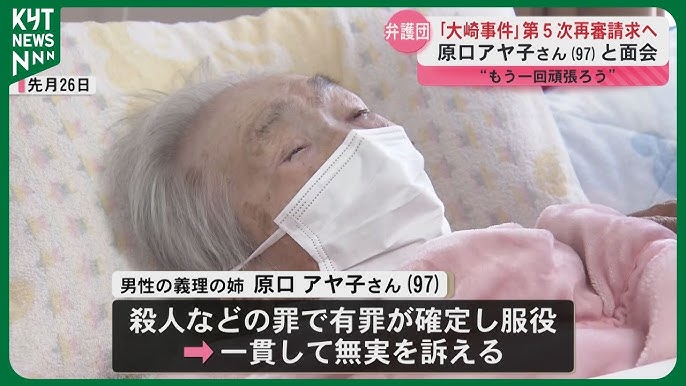The Osaki case, a renowned legal dispute in Japan, is heading towards an unprecedented fifth retrial in January. This marks another significant chapter in a case that has continually challenged the nation's legal system. The specifics of the case remain protected by privacy laws, but this sequence of retrials has called into focus the question of fairness and the rights of the accused in the Japanese judiciary.
Retrials are relatively rare in Japan, with the legal system being seen as very rigid by international standards. Therefore, the Osaki case is receiving significant attention, as it not only challenges the inflexibility of the system but also sets a new precedent. Many in Japan view it as symptomatic of a wider call for legal reforms to guarantee a more robust defense rights for the accused.
Contrasting this with the United States or European Union, where the legal systems allow for more flexible appeal processes, the Osaki retrials underline the different legal philosophies. The case may be used in advocating for reform in Japan not only for a more responsive appeal system but also in favor of establishing greater rights for the accused in their legal system.

